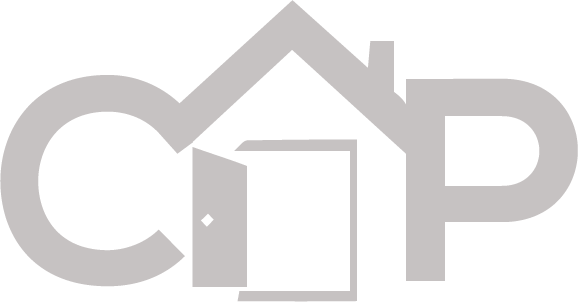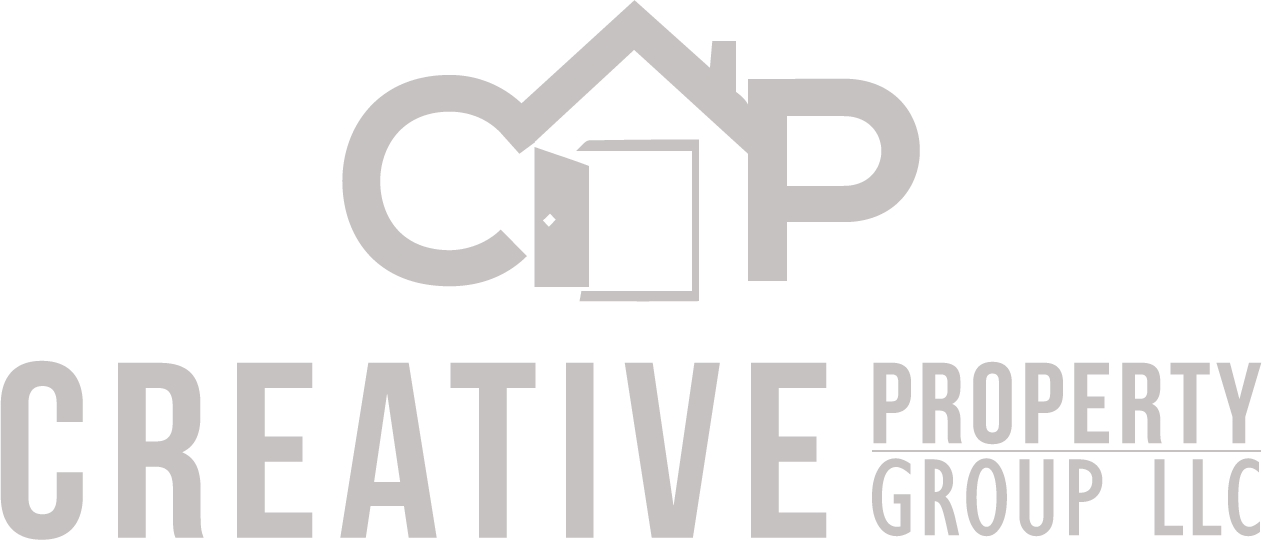How to Find Foreclosed Homes for Sale?

Embarking on the journey to find and buy foreclosed homes is an exciting adventure. It’s a chance to grab a property for less than its usual price. But it’s not always easy. To make the most of this opportunity, you need to know the ins and outs of the foreclosure market. Getting the right information is key whether it’s your first home or looking to invest.
You will learn how to spot, assess, and buy these hidden gems in this quick guide. Understanding the process will help you find foreclosure properties faster than ever. In this article, the strategies will turn your journey into a rewarding experience.
What is A Foreclosure?
A foreclosure occurs when a homeowner fails to make mortgage payments. The lender then takes back the property to recover the loaned money. However, they don’t take it away instantly. If a homeowner misses payments, the lender issues legal notices and may initiate legal action to repossess the home. The homeowner then has a chance to catch up on their financial obligations or negotiate for a period of time.

If these efforts fail, the lender can sell the home. Usually at a public auction to pay off the debt. The foreclosure process varies by state, involving either court proceedings or a non-judicial approach. After the sale, any remaining money after settling the mortgage and legal costs goes back to the homeowner. The homeowner could still owe the difference if the sale did not cover the debt.
A foreclosure also significantly impacts the homeowner’s credit score. It also hampers the ability to borrow from private lenders in the future.
Why Should You Buy A Foreclosed Home?
Buying a foreclosed home offers a unique opportunity for homebuyers and investors. You can secure the property below the fair market price. These homes come into the market when a homeowner fails to meet their mortgage obligations. Through this, lenders like banks or financial institutions can recover the outstanding loan by selling the property. This situation often results in lower asking prices to facilitate a quick sale. For buyers, it presents an attractive entry point for those looking to get more value for their money. It can mean possible immediate equity for the buyer. Most importantly, it also opens the door to owning a home in areas that might have been financially out of reach under normal circumstances.
Moreover, the variety of properties available through foreclosure, from single-family homes to larger estates, means a broad spectrum of choices for buyers. Investing in a foreclosed home can also be a smart move for those willing to put in the work to renovate or upgrade their purchase. Doing so can further increase the home’s value and appeal. While it’s crucial to conduct thorough research and possibly consult with a real estate professional experienced in foreclosures, the potential financial benefits and opportunities for personalization make buying a foreclosed home a compelling option for many.
What are The Different Types of Foreclosed Homes for Sale?
Foreclosed homes come in various types and each represents different stages of foreclosure. It might involve the foreclosure process or a distinct method of sale. Understanding these differences is crucial for anyone interested in purchasing a foreclosed home. After all, it affects everything from the buying process to the potential risks and rewards.

1. Pre-Foreclosures
A pre-foreclosure property refers to properties in the initial foreclosure stage. Homeowners received a notice of default. They have fallen behind on their mortgage payments, but the property has not yet been foreclosed upon.
Homeowners can choose to sell their homes and avoid foreclosure during this phase. However, the price is often below the real estate market values. You can find opportunities by contacting the owners directly. You might find an amazing deal before it hits property listings.
2. Short Sales
A short sale occurs when a homeowner sells their property for less than the amount owed. It also means they agreed on an acceptable sale price with their mortgage broker. However, you should note that this option becomes viable if the property drops below the real estate marketplace value.
The homeowner is facing financial trouble and their home is on the verge of foreclosure. As a prospective buyer, short sales can offer significant discounts. But it will take a lot of effort to seal this foreclosure sale. You will need to undergo the lender’s approval process which will require a huge time commitment.
3. Sheriff’s Sale Auctions
These are public auctions conducted by a sheriff’s office or another court-appointed official. Auctions often happen after a completed foreclosure process. It’s also one of the methods for lending institutions to recover the unpaid mortgage balance.
Foreclosed homes sold at these auctions are well below the actual market price. But do note that it does come with certain risks. For instance, you’ll have limited opportunities to inspect the property for the foreclosure homes on the list. It might even have the potential for outstanding property taxes. We advise preparing to pay in cash or having a mortgage preapproval in advance.
4. Real Estate-Owned Properties
Real estate-owned properties are foreclosed homes now owned by that bank or mortgage lender. A bank repossession occurs when the property does not find a buyer at the sheriff’s sale auction. Banks eagerly want to sell these types of homes for a return on investment. They will also try to sell them at competitive but fair market prices.
A bank-owned property is a much safer alternative than buying from auctions. The banks will often clear any outstanding balances and might even offer purchase loans or incentives. However, you will need to inspect these foreclosure bargains thoroughly. The real estate-owned homes in foreclosure often come “as-is“. This could mean extra repair costs on your end.
How Do I Buy A Foreclosed Home?
Buying a foreclosed home can be a great opportunity to purchase a property below market value. However, it requires careful planning and understanding of the foreclosure process. Here’s a clear, step-by-step guide to navigating the purchase of a foreclosed home.

1. Research The Different Foreclosure Types
Each type of foreclosure comes with its own set of rules, time frame, and profit potential. Understanding foreclosed houses can help you find appealing prices as soon as possible. For instance, pre-foreclosure homes offer a chance to negotiate directly with homeowners to secure a deal before the property hits the market.
Read also: Best Way to Find Distressed Properties: A Complete Guide
Auction companies offer significant discounts on foreclosed properties for sale. However, they will require immediate cash payment and do come with high risks. Whereas real estate-owned (REO) properties are safer alternatives. They offer the chance for inspection and possible financing.
2. Determine Your Finances
You can check your finances once you understand the foreclosure process and different types. This includes evaluating your budget before getting a mortgage loan. Remember that mortgage brokers will also check your credit score and loan borrowing capacity before they approve your loan application.
You should also take note that this isn’t just for buying the properties in foreclosure listings. You will also need to prepare for additional costs for repairs or renovations. There might even be an opportunity to hire a professional house flipper. Considering these factors will significantly help you narrow your search filters for foreclosed homes.
3. Hire A Real Estate Agent
Navigating the foreclosure market can be complex. Having a real estate agent with experience in foreclosures by your side is invaluable. These agents understand the nuances of purchasing foreclosed homes. They can provide access to the best deals and help you through the purchasing process. On top of that, they can also assist in negotiating prices and navigating the paperwork involved in buying a foreclosed property.
4. Find Foreclosed Homes
Finding foreclosures for sale requires a multifaceted approach. Online foreclosure listing services are an excellent place to start. They offer a comprehensive database of properties that you can filter by location, price, and property type.
For those interested in REO properties, visiting bank and government agency websites can unveil tons of options not listed elsewhere. Additionally, keeping an eye on local newspapers and public records can alert you to upcoming auctions that might not be widely advertised.
How Do I Find Foreclosed Homes for Sale?

Finding foreclosed homes for sale involves a systematic approach that can help you uncover potentially lucrative investment opportunities or find a new home at a reduced price. Here’s a straightforward, step-by-step process to guide you through finding foreclosed properties.
Understand Foreclosure and Set Your Goals
First, know that foreclosure occurs when a homeowner can’t keep up with mortgage payments, leading to their property being sold. Decide whether you’re looking for an investment, a rental opportunity, or a new home for yourself. Your goal will shape your search strategy.
Start Searching Online and Locally
Use websites like Zillow, Realtor.com, and government sites like HUD for foreclosed properties. Don’t overlook local county and bank websites. They might offer less competitive deals. Both online and local searches can reveal a wide range of properties in different foreclosure stages. Here at CPG, we can also help you find foreclosed homes for sale within your budget and timeframe. Contact us and let’s get you started on your homeowner journey!
Use Resources Wisely
Consider subscribing to a foreclosure listing service for comprehensive details on properties including auctions. Also, connect with real estate agents who specialize in foreclosures. They can provide valuable insights and access to listings not available to the general public.
Inspect and Understand The Buying Process
Before making a decision, thoroughly inspect any property you’re interested in. Remember, foreclosed homes are sold as-is. Learn about the financing and bidding process, especially for auctions that might require cash payments. Secure financing in advance and work with your agent to understand all requirements.
Bid or Make an Offer Strategically
Whether bidding at an auction or making an offer on a bank-owned property, be informed about the property’s value and your budget. If bidding at an auction, set a maximum bid. For REO properties, your agent can help you navigate the offer process. This includes adding contingencies for any necessary repairs.
Wrapping Up
In this guide, we showed you the foreclosure process and different types. We also explained how and where you can buy them. We hope that what we imparted can help you make informed decisions.
Most of the time, looking for foreclosed homes for sale can be exhausting, especially for inexperienced foreclosure buyers. However, you don’t have to go through this journey alone. Our real estate agents at Creative Property Group can help you find the right property for you and help with the financing process. We’ll answer all of your questions and concerns in a friendly manner. Contact our experts now and let’s start your home financing journey.

